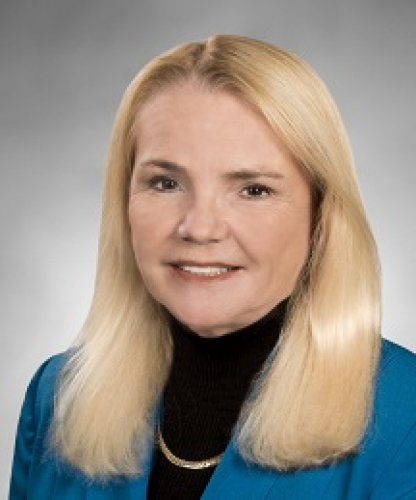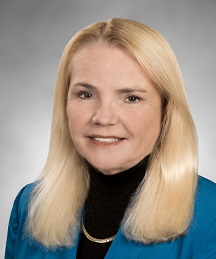Healthy Nurse, Healthy Nation™ Blog - Achieving Financial Wellness
Published

When we think about health and wellness, your financial habits may not seem like a top priority. Surprisingly though, the biggest stress factor for most Americans today is money. It outranks family issues, health or work as a source of worry. Financial wellness is part of our quality of life and can help to alleviate stress and improve your overall well-being. I recently met a young nurse named Charlie who has made financial health a priority in his life. Here is his story.
Charlie is 26 years old and a critical care nurse in a large hospital in Chicago. He grew up in a middle class midwestern family that struggled financially. Although both of his parents worked, they were “not good with money” and always in debt. When it came time to go to college, they had no savings that they could provide to Charlie. Charlie started at a community college and later transferred to a State University. He received some scholarship money but graduated from nursing school at age 22 with over $40,000 in student loan debt. During school, Charlie rarely thought about his loans, but after graduation, they became overwhelming. He wondered if he would ever be able to afford a home of his own, marry or ultimately retire.
Charlie decided that personal finance would be his learning project as he started his job. He read books and listened to podcasts. He soon realized that not everyone struggles with the debt that his parents had. The key to getting out of debt was simple but not easy. It first involved continuing to live like a college student when he began work. He rented a small apartment that he shared with a roommate and chose not to buy a new car. He did not use credit cards. He decided to pay off his student loans within three years by keeping his expenses low, living on a budget and working one overtime shift a pay-period. He paid off the debt in 30 months.
Charlie’s goal now is to become financially independent. He feels inspired by the FIRE movement, which stands for financial independence – retire early. He would like to have enough money in 30 years to be able to retire if he chooses to. Beginning at age 25, he started contributing $1000.00 each month into his 401K using low cost index fund options. This amount is well below the 19,500 dollar limit that he is currently allowed by the IRS. Charlies pays no taxes on this money. Through the power of compounding interest, Charlie has calculated that if he makes 9% a year on his account and never increases his contribution – he will have over 1.7 million dollars in 30 years. This does not include a match from his employer. He has also begun saving for a down payment for a home. Charlie told me that his life is on a different track than his parents or most of his colleagues because he had taken the time to learn about personal finance.
What Charlie has done is doable by any nurse reading this blog regardless of your age. A better solution to any problem can be reached by setting goals, and having an intentional focus on your next steps. Some key lessons that Charlie learned on his journey include the following:
- Pay off your debts as quickly as you can using your earning power as a nurse.
- Live below your means throughout your life.
- Eliminate or limit your use of credit cards to balances that you can pay off at the end of the month.
- Don’t take out car loans that keep you in debt.
- Learn about investing – you don’t need to be an expert, but it helps to understand your investments.
- Use employer 401K, 403B, Roth accounts and a traditional IRA accounts to invest money tax free.
- Use a budget to guide and limit your spending.
- Ignore what you see on social media about others taking great vacations and eating expensive meals.
- Take advantage of free podcasts and blogs that are out there to support you on your financial journey.
- Set a goal to achieve financial independence so you never have to take jobs that you don’t want to because you live paycheck to paycheck.
Great Free Resources
The Dave Ramsey Show Podcast or YouTube Channel
So Money Podcast - Farnoosh Torabi,
Jill on Money Podcast - Jill Schlesinger, CFP®
The Clark Howard Show Podcast
HerMoney Podcast with Jill Chatzsky
ChooseFI Financial Independence Podcast
Broke Millennial Blog Available at https://brokemillennial.com/blog/
Mr. Money Moustache Blog Available at https://www.mrmoneymustache.com/
Get Rich Slowly Available at https://www.getrichslowly.org/
Money Under 30 Available at https://www.moneyunder30.com/
Dr. Rose O. Sherman is the Editor of Nurse Leader, the official journal of the American Organization of Nurse Leaders and author of the new book, "The Nurse Leader Coach: Become the Boss No One Wants to Leave." Her blog, www.emergingrnleader.com is read by thousands of nurses each week. This spring, she will receive the 2020 Pioneering Spirit award from the American Association of Critical Care Nurses for her innovative work in nursing leadership.
Join the discussion regarding nurse financial health here.
Reviewed 2/17/22
Blog Quality of Life
01/25/2020 6:31pm CST



Post a Comment or Question